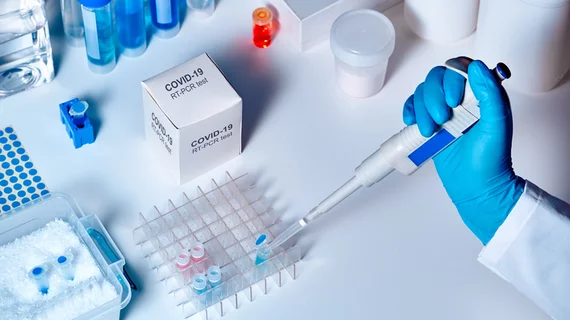AI identifies drugs with synergistic potential to fight COVID-19
A healthcare AI company has spotted several unexpected, off-label drug combinations that may do the job against COVID-19. In any case, the company is offering its complete AI toolkit free of charge to drug developers working on COVID treatments.
In announcing its work, Germany-based Innoplexus, which specializes in AI-based drug discovery and development, says the promising combos emerged from its processing of hundreds of studies covering thousands of patients.
Most of the findings mentioned in the announcement involve the potential of the decades-old, much-discussed malaria fighter Hydroxychloroquine as used with other drugs.
For example, the analysis showed that combining Chloroquine and Tocilizumab—used to treat severe rheumatoid arthritis—might work well against COVID.
Innoplexus says it’s working on validating all high-potential combinations in vitro and in vivo studies.
“[W]e recommend that governments and regulators take bold action and remove hurdles in order to substantially lower the incidence of critical and lethal cases of COVID-19,” says Innoplexus CEO Gunjan Bhardwaj. “Our analysis has shown a good basis for allowing these combinations of previously approved drugs in off-label-use with further evaluation.”
Innoplexus adds that, to encourage further research, it’s offering its AI-based Clinical Trial Designer and Launch support solutions free of charge to any biotech or pharma company working on an answer for COVID-19.

